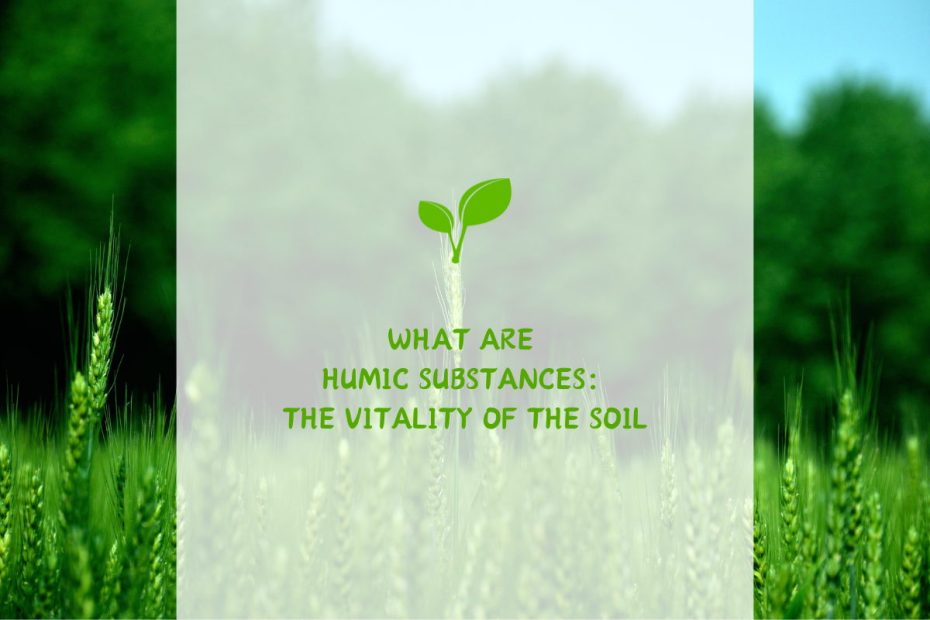Introduction
In the field of organic matter, Humic Substances is an important component of soil, affecting soil physical and chemical properties and improving soil fertility. Plays a vital role in soil health and plant growth. But what are humic substances? Why are they so important in agricultural and environmental sciences? In this article, we’ll look closer at Humic Substances, exploring their origins, properties, and far-reaching impacts on agriculture and the environment.
Table of Contents
What are Humic Substances?
Humic Substances are complex organic molecules that are the main components of natural organic matter (NOM) in soil and water and geological organic deposits such as lake sediments, peat, lignite, and shale. It decomposed by extracting humin, humic acid, and fulvic acid. Their salts are called humates and fulvicates.
Humic Substances fertilizers affect soil pH; chemistry, recycling, and bioavailability of chemical elements; transport and degradation of xenobiotics and natural organic chemicals. In addition, humus can affect the biological productivity of aquatic ecosystems and the formation of disinfection by-products during water treatment.
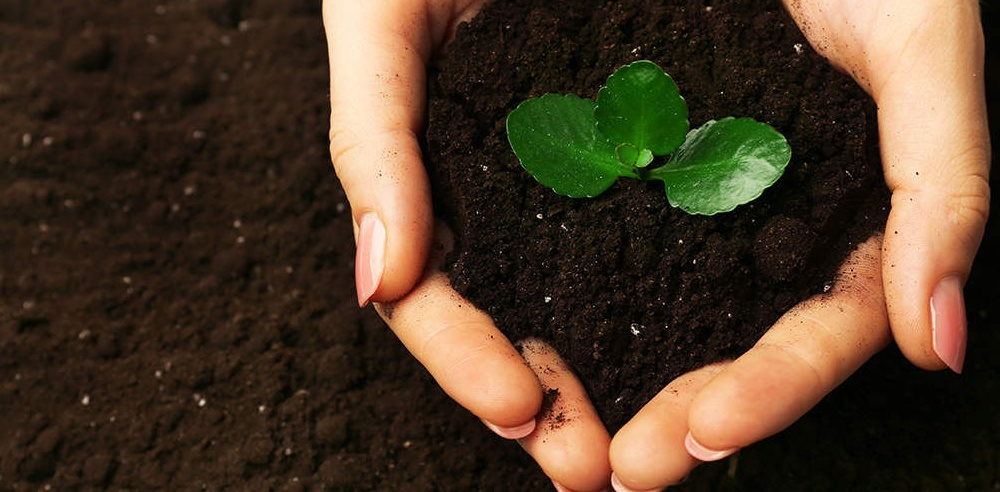
Types of Humus
Humic substances are mainly divided into three categories based on their solubility and molecular size: humic acid, fulvic acid, and humin.
- Humic Acid: The most abundant and stable form, the largest and least soluble fraction, known for its role in soil aggregation and nutrient retention.
- Fulvic Acid: The smallest and most soluble part, responsible for chelating nutrients and helping plants absorb them.
- Humin: Insoluble part, but rich in nutrients. Provides stability to soil organic matter and contributes to long-term carbon storage.
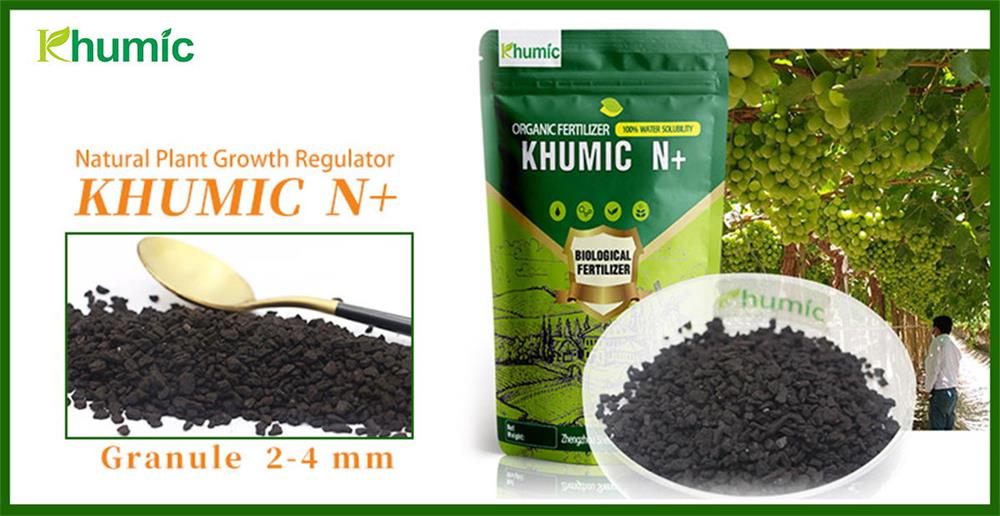
Reference scientific literature: https://www.ncbi.nlm.nih.gov/pmc/articles/PMC3001551/
Properties and Characteristics of Humus
Humus has several properties that make it essential for soil health and plant growth:
- Cation exchange capacity: They retain essential nutrients and release them into the plant as needed.
- PH Buffering: Humus helps maintain soil pH levels, preventing drastic fluctuations that can damage plants. Humus acts as a buffer and helps maintain the pH of the soil within the optimal range for plant growth.
- Nutrient-rich: Humus is a storehouse of essential nutrients such as nitrogen, phosphorus, potassium and micronutrients. These nutrients are slowly released into the soil, providing a steady supply for plants to absorb.
- Improves soil structure: Humus helps improve soil structure by binding soil particles together, forming aggregates that promote good aeration, drainage, and root penetration.
- Water Retention: Humus has a high water retention capacity, retaining moisture and providing moisture to plants during periods of drought.
- Microbial activity: Humus provides a favorable environment for beneficial soil microorganisms, promoting the decomposition of organic matter and nutrient recycling. Helps improve soil fertility.
- Carbon sequestration: rich in carbon. Humus plays a vital role in carbon sequestration, helping to mitigate climate change by storing carbon in the soil.
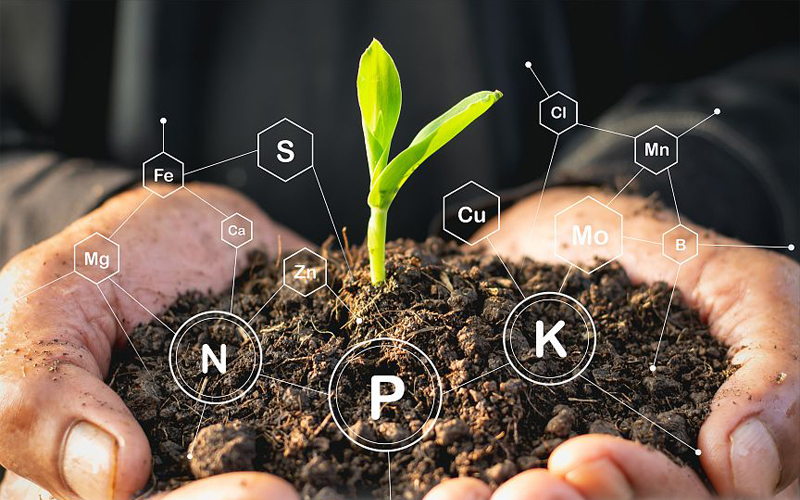
Humic Substance Extraction Method
There are several methods for extracting humic substances from soil or other organic materials. One common method is the alkaline extraction method, where the sample is treated with a strong base like sodium hydroxide to dissolve the humic substances. Another method is the acid extraction method, where the sample is treated with a strong acid like hydrochloric acid to extract the humic substances.
It’s important to note that the choice of extraction method can impact the composition and properties of the extracted humic substances. Researchers often choose the extraction method based on the specific research goals and the characteristics of the sample being studied.
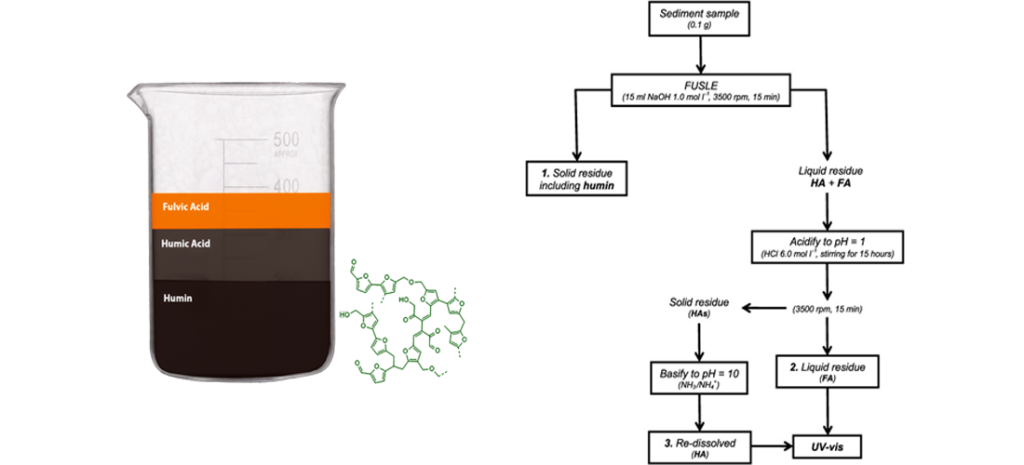
How to Incorporate Humus Into Soil
There are many ways to introduce humus into the soil, including organic fertilizers, compost, and biostimulants. Containing varying concentrations of humus, these products provide a natural and sustainable way to improve soil health and plant growth. KHUMIC specializes in developing various humus organic fertilizers and has complete customization and after-sales services!
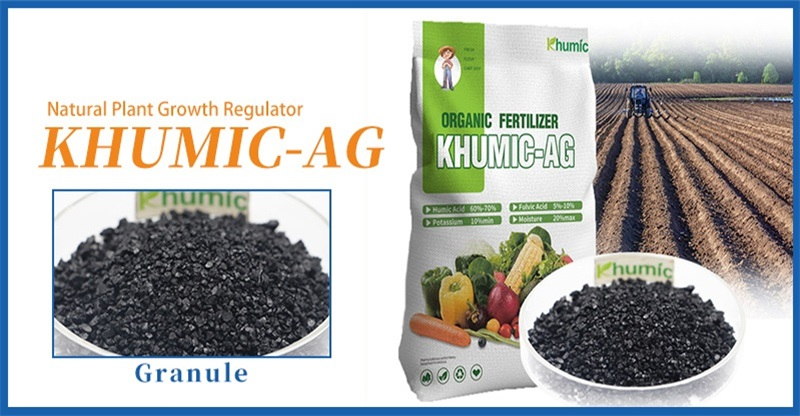
FAQs
How do humic substances improve soil fertility?
Humic substances improve soil fertility by promoting soil structure, enhancing nutrient retention and availability, stimulating microbial activity, and increasing water-holding capacity. They also help buffer soil pH and reduce nutrient leaching.
Can humic substances be used in organic farming?
Yes, humic substances can be used in organic farming. They are considered organic inputs and are commonly used to improve soil health, nutrient availability, and overall plant growth in organic farming systems.
Are humic substances safe for the environment?
Humic substances are generally safe for the environment when used responsibly. They are naturally occurring organic compounds and are biodegradable. However, excessive or improper use of humic substances can potentially have negative impacts on soil and water quality.
What role do humic substances play in carbon sequestration?
Humic substances play a significant role in carbon sequestration by binding to organic matter and helping to stabilize soil organic carbon. This helps to mitigate climate change by storing carbon in the soil and preventing it from being released into the atmosphere like carbon dioxide.
How can I incorporate humic substances into my gardening practices?
You can incorporate humic substances into your gardening practices by using commercially available humic acid products or organic matter sources such as compost or manure. They can be applied directly to the soil or mixed with water for foliar spray applications. Regular use of humic substances can improve soil health, promote plant growth, and enhance overall garden productivity.
